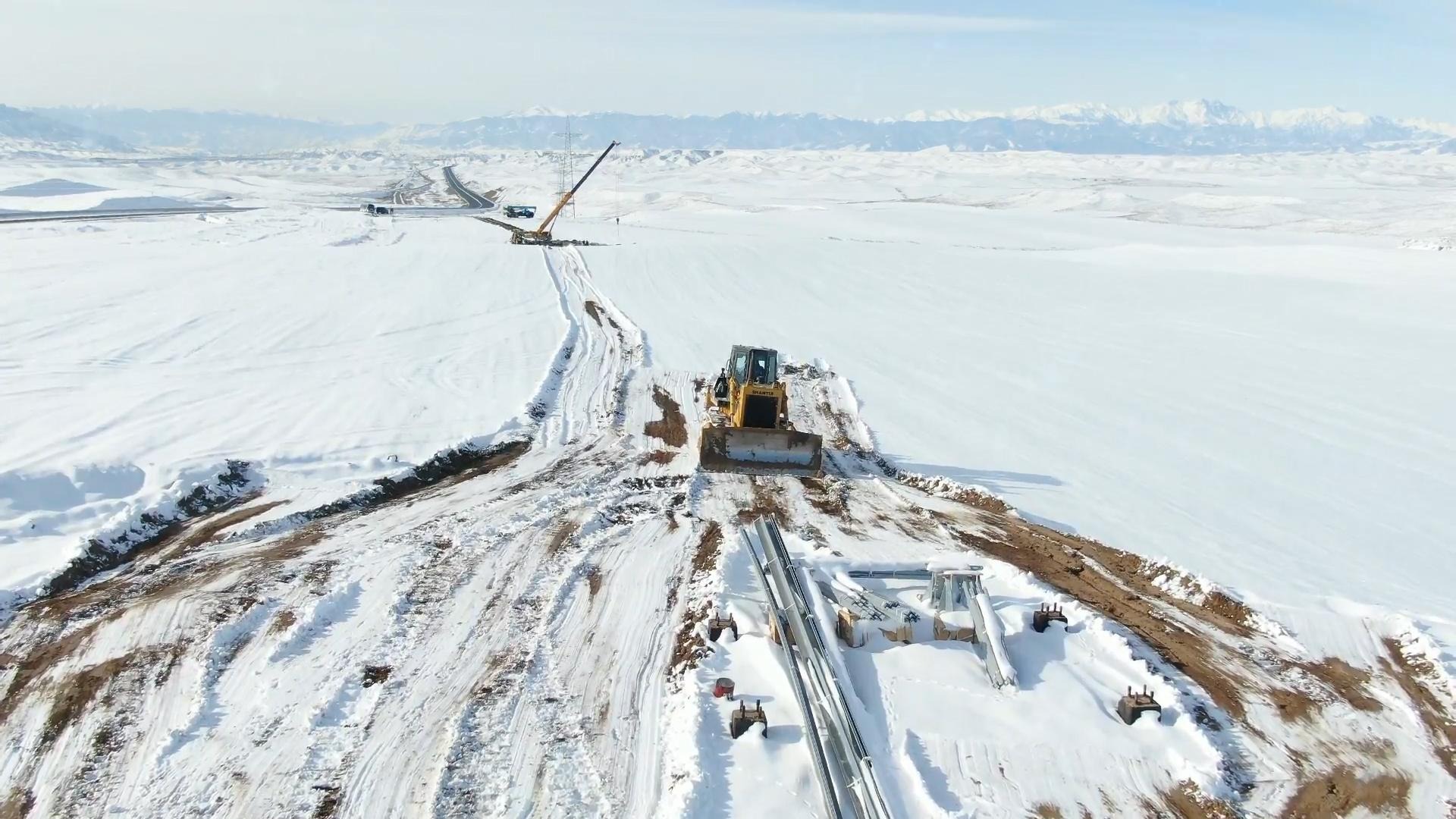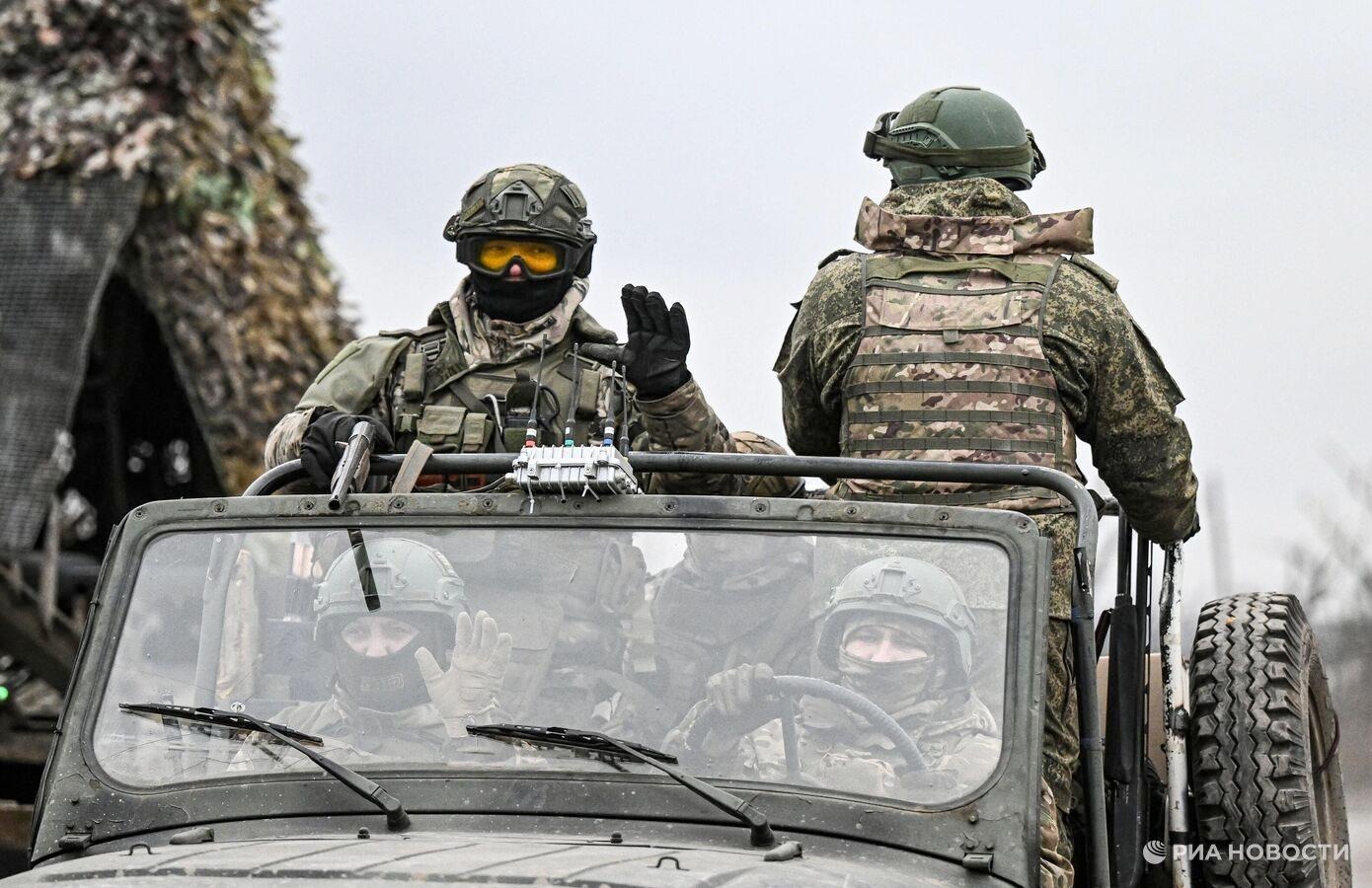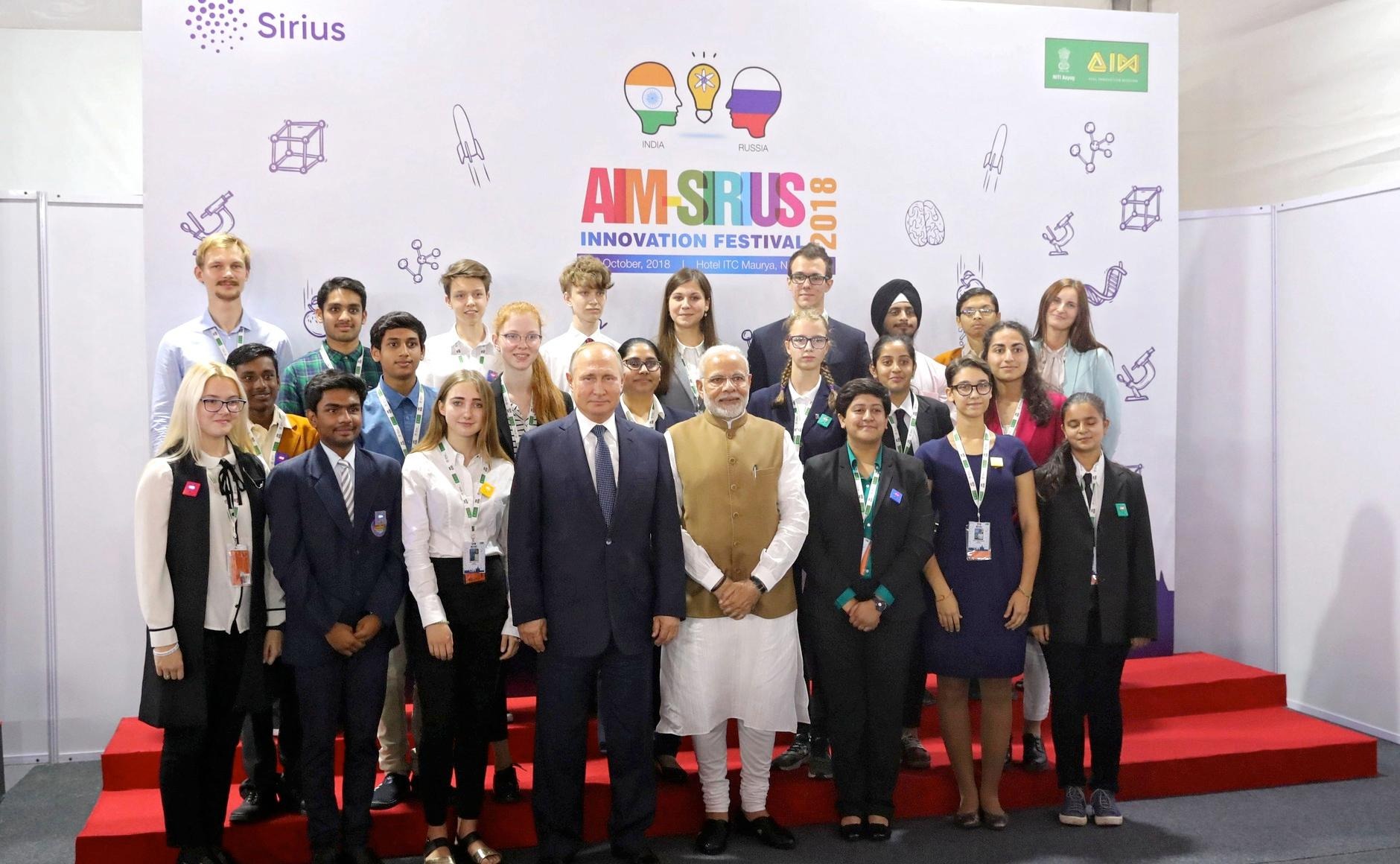NUCLEAR PROLIFERATION MEETS ADMINISTRATIVE CORRUPTION IN RUSSIA
NUCLEAR PROLIFERATION MEETS ADMINISTRATIVE CORRUPTION IN RUSSIA
The surprise arrest in Switzerland of Yevgeny Adamov, former head of the Russian Ministry on Nuclear Energy (MINATOM), has sent shock waves across Russia’s vast bureaucracy. A federal grand jury in Pittsburgh, Pennsylvania, is investigating claims that Adamov pocketed some $9 million of U.S. government assistance earmarked for securing Russia nuclear weapons.
While neither the ministers nor the rank-and-file in the Russian government were worried even slightly when President Vladimir Putin lashed out at the corrupt bureaucrats and “taxation terrorism” in his address to parliament (Polit.ru, April 29), Adamov’s arrest is an entirely different matter. Certainly, the Russian bureaucrats realized that an increasingly nervous Kremlin could scapegoat any one of them, including the hapless prime minister — but they do have safety in numbers. The President can talk democracy all he wants, but in real political terms, his only true support base is the apparatus, the army of obedient and loyal servants that he used to call his “vertical power structure.” But the possibility of a foreign indictment adds a new dimension to the corruption issue — and the whole army feels threatened.
Characteristically, the first line of defense goes along the nuclear connections that are presumed to be of strategic importance. Anonymous voices in the Kremlin and their supportive corps in the State Duma have immediately expressed grave concern and hinted as some extraordinary measures that would be undertaken to secure Adamov’s safe return, since he holds “nuclear secrets” (Vedomosti, RIA-Novosti, May 5). Yet nobody was particularly worried that these secrets could have been leaked through the consulting company Energo Pool, which Adamov had owned in the United States (Gazeta.ru, May 6). What appears more convincing for the Russian officials is the Iranian connection, since the Institute for Energy Technology (NIKIET) that Adamov had led before becoming minister, and where he has returned after his dismissal in 2001, has provided expert evaluations for the Iranian nuclear program. Washington was so angered with this violation of non-proliferation obligations that NIKIET was blacklisted and cut out of all cooperative projects (Grani.ru, May 6). Since the case against Adamov was built through an FBI investigation, the “patriotic” commentators can portray this arrest as a part of U.S. pressure aimed at blocking the Russian-Iranian nuclear partnership (Komsomolskaya pravda, May 6).
These nuclear-conspiracy arguments are generally of interest only to a small group of geopolitically minded politicians, but for an average bureaucrat it is the mundane details of the case that are breathtakingly important. The whole scheme of setting up a nice little business and keeping it while simultaneously holding an official post (perhaps, transferring the ownership to the wife or a trusted partner) is so familiar to every head of every department in any of the ministries or state agencies that self-identification with the hero of the scandal is almost inevitable. Adamov’s lawyers insist that transferring funds between institutional and personal accounts is a normal practice in Russia (Lenta.ru, May 6). Indeed, what could possibly be wrong with having a daughter studying in Switzerland with a modest personal account of $250,000 or with keeping a small villa in Bern for family visits? And freezing this account because some ten years ago some $9 million traveled along a slightly curved trajectory — that is simply inhuman brutality!
There certainly were several high-profile Russian corruption investigations in recent years. Transportation Minister Nikolai Aksyonenko and Federal Property Fund chief Vladimir Malin were dismissed amid accusations of gross abuse of office and misappropriation of funds. But everybody understands that it is just part of the never-ending clan struggle for priority access to financial flows — and certainly nobody is going to jail. That punishment is reserved for Mikhail Khodorkovsky, who dared to challenge Russian President Vladimir Putin to look into the sleazy deals by his courtiers and who continues to defy the supreme authority even in his last statement before the verdict (Novaya gazeta, April 28). In all other cases, “understanding” has been reached with the prosecution and some assets have probably changed hands — but it is by no means a matter for public discussions. And now this well-oiled system has been attacked from outside, by the U.S. courts and Swiss authorities who are perceived as particularly uncooperative after their vicious prosecution of Putin’s benefactor, Pavel Borodin, some four years ago (Ezhednevny zhurnal, May 5).
The consequences of this attack could be far more serious than just convincing the bureaucrats to cover their business interests more carefully and to stay clear of nuclear affairs. There is a pronounced anti-Western tendency accompanying the quasi-authoritarian evolution of Putin’s regime, so that every twist in curtailing democracy leads toward retreating to a “Fortress Russia” isolated from hostile external influences (Ekho Moskvy, April 26).
Putin cannot whole-heartedly subscribe to this ideology, since he finds too much personal satisfaction in “friendships” with key Western leaders. However, his long-cherished project for a grandiose summit in Moscow where he could shine in the glory of the Great Victory of World War II was spoiled by petty quarrels with the Baltic states that revealed much deeper disagreements about responsibility for past crimes (Izvestiya, May 6). The cadres, as Stalin famously asserted, decide everything, and Putin is just a small element in his own system of power. This system feels threatened from the inside by the specter of an “orange revolution” and from outside by the corruption investigations, and Putin has to obey its basic self-preservation instinct.


